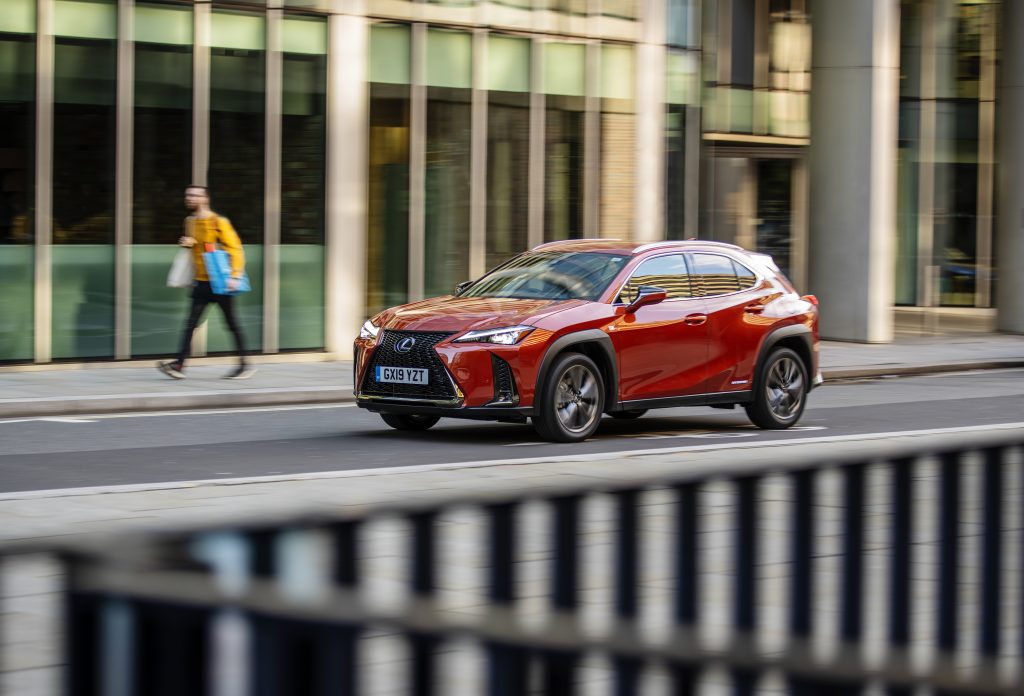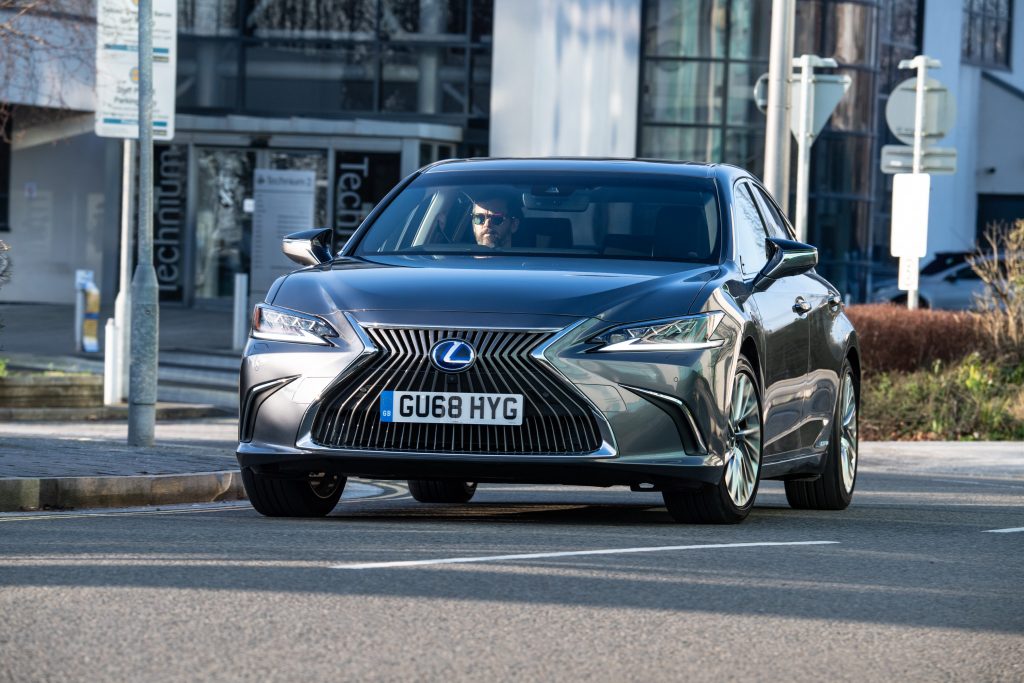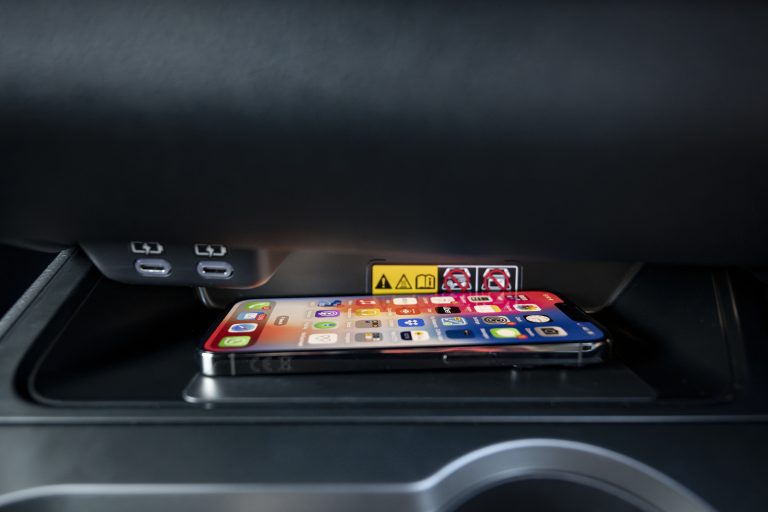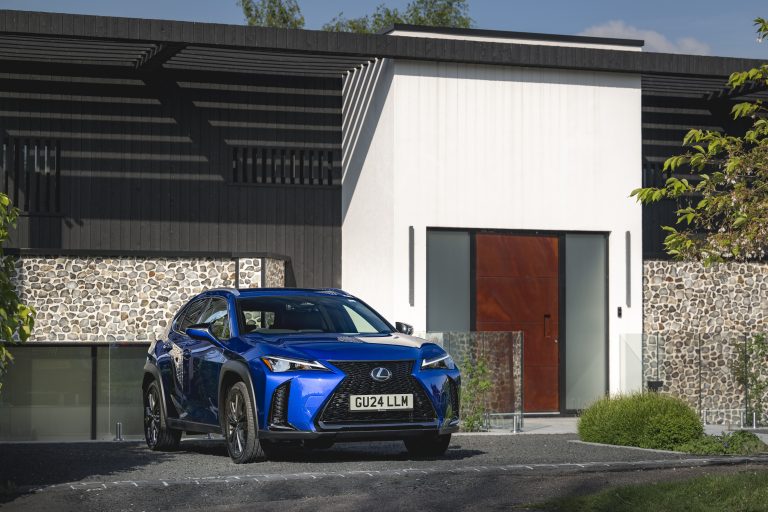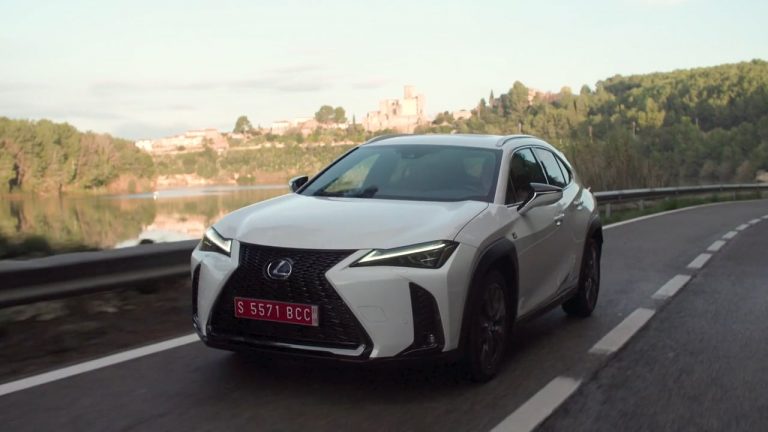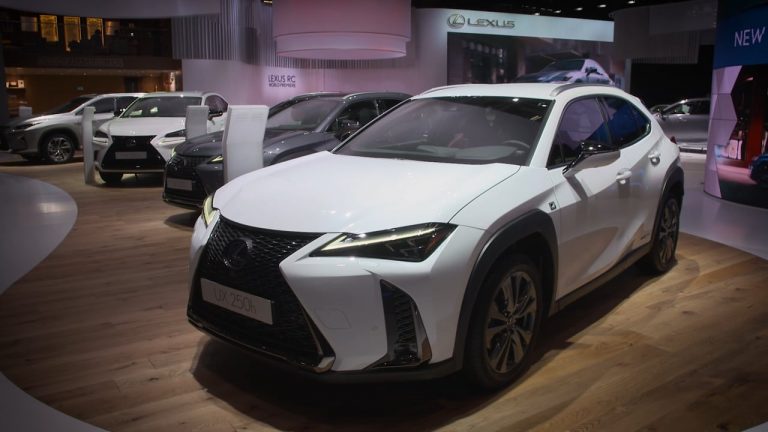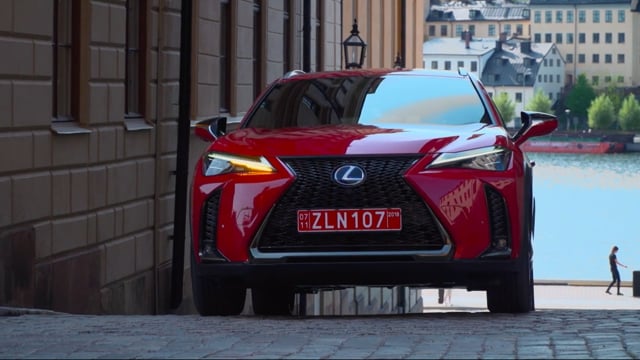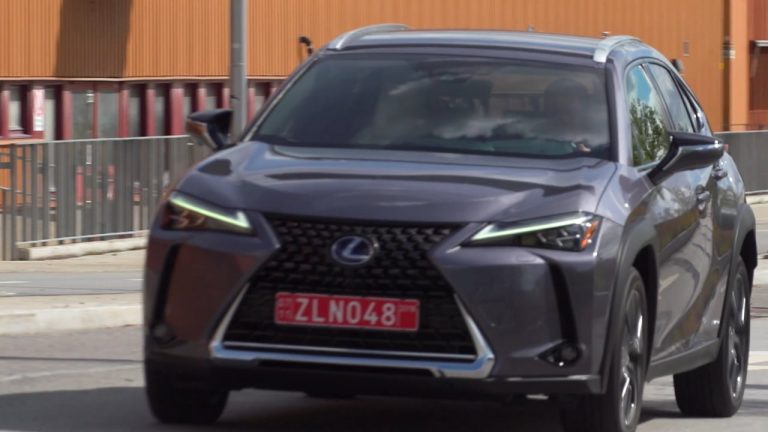New UX and ES Drive Lexus Sales Growth
- Lexus Europe1 sold 40,450 new vehicles in the first of 2019, an increase of five per cent on the same period last year
- Self-charging hybrids accounted for 95 per cent of its sales in Western and Central Europe
- Sales increase led by the new UX compact SUV and ES luxury saloon
Lexus maintained steady growth in Europe during the first half of 2019, with sales increasing by five per cent on last year’s figures to reach 40,450 units in a premium market that slightly declined overall (-2 per cent). Significant growth was recorded in key markets, including the UK (+8 per cent), Italy (+51 per cent), Germany (+33 per cent), Spain (+19 per cent), Poland (+13 per cent) and France (+12 per cent).
The growth has been driven principally by two all-new models: the UX compact SUV and the ES luxury saloon. After just five months in showrooms, the UX has already amassed 8,532 sales, confirming the positive market response to Lexus’s debut model in the fast-growing premium compact SUV segment.
The ES recorded the largest growth, with sales up by 387 per cent at 3,012 units following the introduction of the new generation model and the extension of sales across the whole of Europe2 (including the UK for the first time) at the end of 2018.
With 28,006 self-charging hybrid cars sold in Europe in the first six months of 2019, Lexus is a leading player in vehicle electrification. Self-charging hybrids now represent 95 per cent of Lexus new car sales in Western and Central Europe.
The NX mid-size SUV remains the brand’s best-seller in Europe, with 11,699 sales, while the total for the larger RX model reached 8,382 units.
1 Lexus Europe sales include the European Union countries, Norway, Iceland and Switzerland, as well as eastern markets: Russia, Ukraine, Kazakhstan, the Caucasus region, Turkey and Israel.
2 The previous generation ES’s European sales were confined to Russia and eastern markets only.
ENDS

